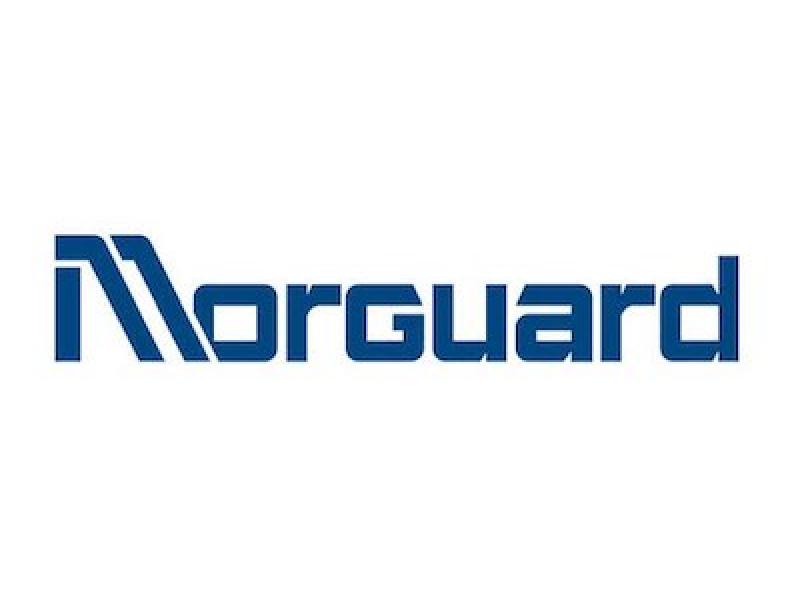Selling is a form of art. Therefore, salespeople could be considered artists.
Here’s an example of what I mean: with a total of seven partners in our brokerage division, we have a bit different business model at ICR. Our new licensed associates are mentored collectively by the partnership.
When they’re seeking solutions for an assignment, an apprentice is encouraged to request input from a few partners. We then suggest they take that input and craft a solution they can call their own.
It’s kind of like art and it’s an empowering process!
It’s interesting how we can all have a different strategy to move to the next step.
Passion is important
You can spot a great salesperson by their insight. They are always thinking steps ahead to ensure they don’t get blindsided in a buy or lease process.
They have the instincts of a great football running back.
And they don’t give up; even when faced with what may appear to an impenetrable brick wall, they seek creative workarounds.
They don’t consider a deal complete when conditions are removed. Their service continues right through closing to ensure all the transaction details are covered.
Why push when we know the fight is futile
Can you recall a time when as a customer, you had decided not to make a purchase and the salesperson didn’t take the cue? If they had been paying attention, they would have intuitively known that your decision was absolute, but they nonetheless kept on pushing.
That salesperson has just lost a great opportunity to earn your trust by supporting your decision. Those opportunities may not surface often in a selling interaction.
Instead, they’ve pushed you away. There’s a strong desire to terminate the conversation and depart as soon as possible.
A sales professional recognizes and acts on those opportunities to build genuine rapport.
Sometimes the right advice is to suggest to the prospect that now is not the time to buy or lease.
The client needs to feel like I’ve got their back
I will never forget one of my first personal banking advisors. She has retired now, however I use her often as an example when trying to explain to our new salespeople what trust looks like.
She would share with me creative methods she was going to use to convince her credit department to put together the very best plan for me.
Whenever I left Rae’s office, I felt she was going to do absolutely everything in her power to put together the best solution to satisfy my financial goal at the time.
I want my clients to experience the same level of trust after an interaction with me.
I liken the analogy of selling as an art form, where I get to channel all my creative knowledge to help others succeed.
What’s your art form?







